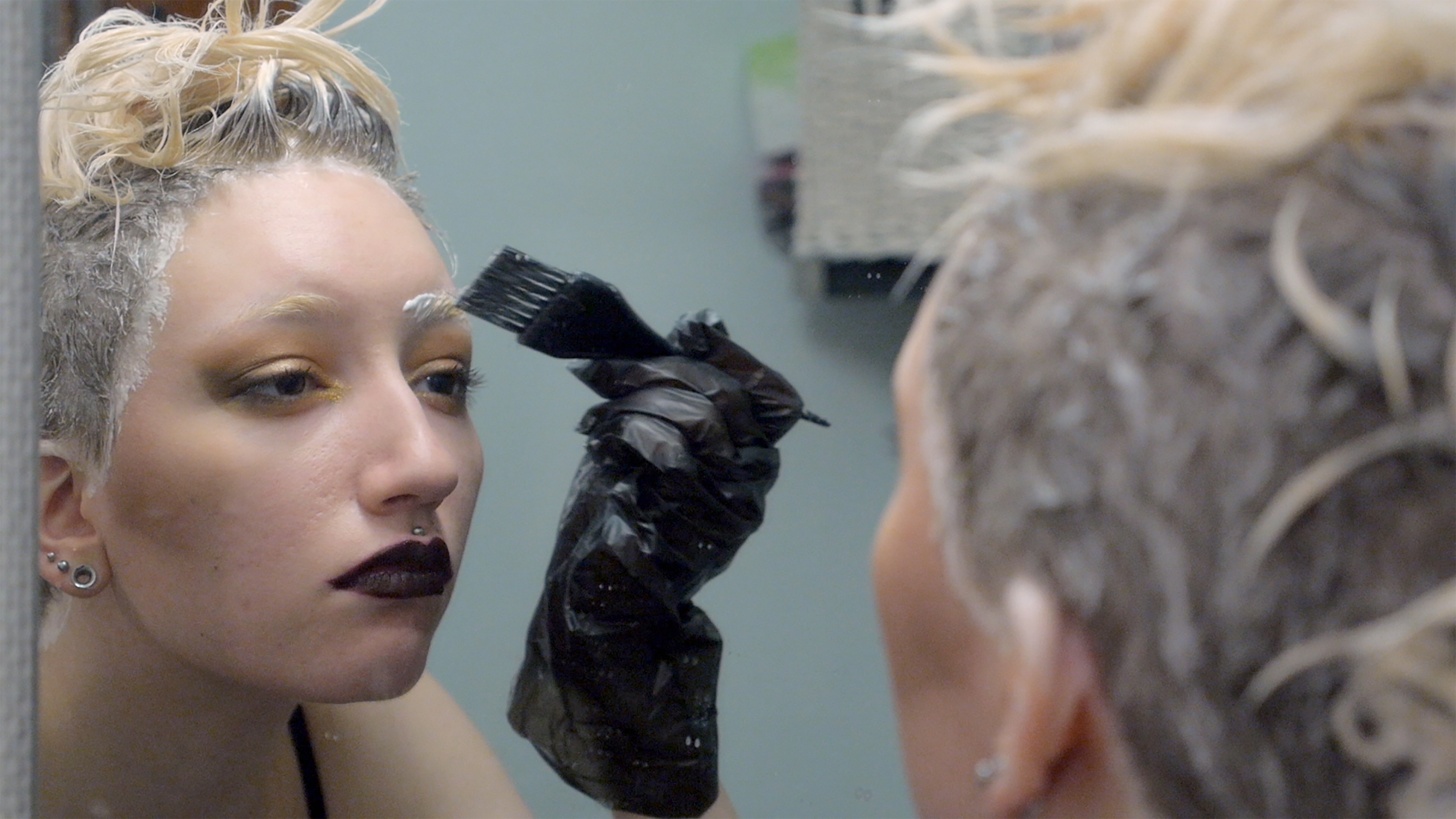Toronto’s Hot Docs Finds Success in Virtual Screenings
By Andrew Barker
LOS ANGELES (Variety.com) – For any festival, the week before announcing the year’s slate of films is typically a period of relief and anticipation: your pics are locked in, the directors have been notified and the schedule is coming into focus. But for Toronto’s Hot Docs — the largest dedicated documentary festival in the North America — that period happened to coincide with the near-breakdown of the larger social order due to COVID-19, and the fest, initially scheduled to run April 30-May 10, was postponed.
Nonetheless, Hot Docs has endeavored to make the best of an unprecedentedly bad situation.
“The guiding light for us has been to try and simplify our decision-making process by looking at our core vision,” says Hot Docs executive director Brett Hendrie. “And that vision is to celebrate and showcase documentary film and to support filmmakers. Everything we’ve done and are trying to do, we bring back to that mission.”
Since Hot Docs is a hub of business activity and acquisitions, the directors decided to go ahead with industry screenings — albeit virtual ones — allowing online access to the entire slate to buyers during the dates the festival was initially scheduled to run. This wasn’t necessarily something that was brand new to Hendrie, either — back in 2003, when fear of SARS was running rampant in Toronto, Hot Docs did online programming as well.
“Obviously the world is a much more sophisticated place, technologically, than it was back then,” he says.
Per Hendrie, the festival already has more than 500 registered participants for its online screening platform.
“We’ve definitely heard from buyers that there’s a strong appetite for completed or nearly completed content. We’re on track to have record or
near-record buyer participation in our market” he says.
Second, the festival made sure to release its originally scheduled lineup. Featuring 226 films, more than half of them directed by women — including Hannah Reinikainen and Lia Hietala’s “Always Amber” — the festival features such highlights as the premieres of “Hong Kong Moments,” “The Sit-In: Harry Belafonte Hosts the Tonight Show” and “AKA Jane Roe,” as well as “Larry Flynt for President,” “Meat the Future” and “Mein Vietnam.”
“When we postponed, we kept hearing from filmmakers saying, ‘When are you going to announce, we want you to announce,’” says programming director Shane Smith. “ ‘We’ve got the official sanction of Hot Docs, and with that laurel we can start working and promoting our films.’ So we tried to see how we could continue to facilitate interaction and business, because our mandate continued to be supporting these filmmakers in any way we can, on any platform we can, in any way that helps.”
Of course, attracting the attention of buyers and agents and facilitating sales is only part of a festival’s mandate. As for getting its films out in front of the public, the festival is still looking at options. It was initially postponed until the summer, although Hendrie acknowledges “that timing is looking less likely.” The fest has already launched a partnership with Canadian broadcaster CBC, Hot Docs at Home, which features selections from the program and past iterations across a variety of platforms. Hendrie says the festival staff is also “very actively investigating a virtual [public] event if it makes sense for the filmmakers, and if we can do it in a way that honors their work.”
And there’s certainly plenty on the slate that could strike a chord.
“[Screening submissions], we tended to see films that were looking at events of the past through a new lens, through a new perspective, and how that can impact things looking forward. We tend to forget history, and in some ways this pandemic we’re in is a perfect example of that: either not listening to what we’re told or not remembering what happened in times past,” Smith says. “This is the beauty of a long-form feature documentary, that it can look into things that we thought we understood when we were living through them but didn’t have that 10,000-feet-view that a documentary filmmaker is able to give us.”

